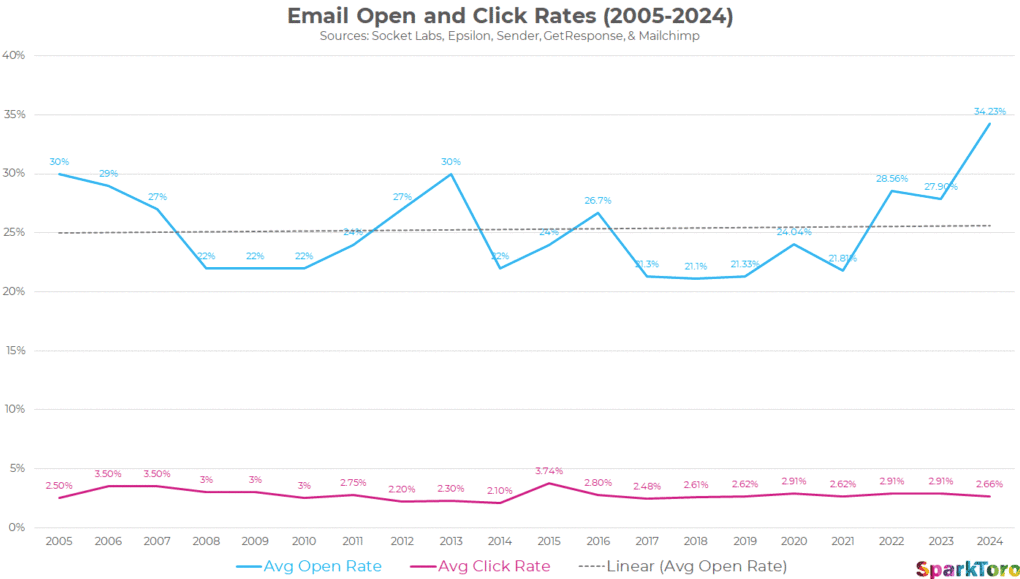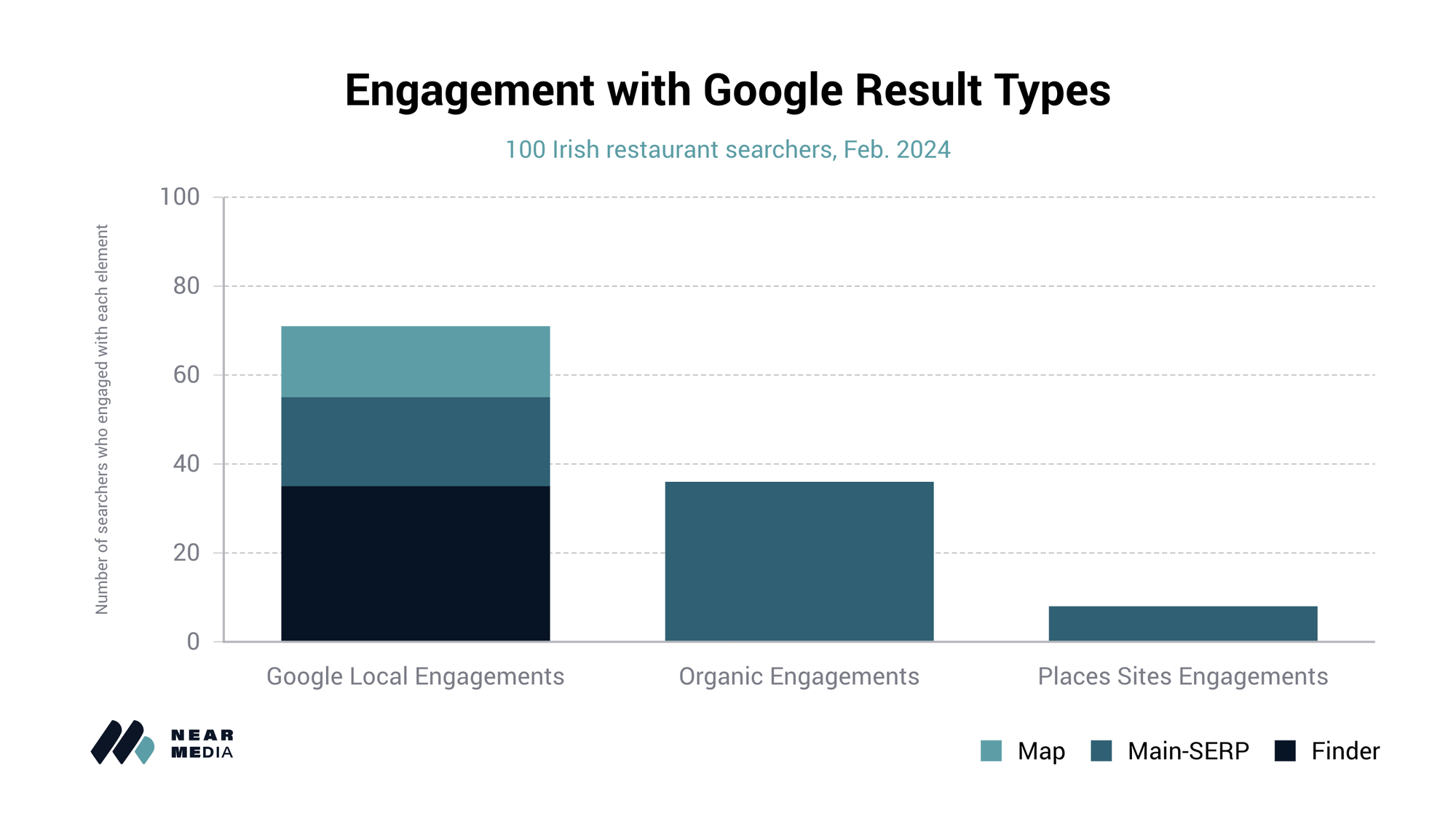Google Search Quality, Email Appreciation, DMA Dilemma

Google Search Quality: Up or Down?
Microsoft almost sold Bing to Apple in 2018. Reportedly, "search quality" at Bing was the obstacle. The consensus view is that Google's search quality is better than Bing's, partly because of scale and click data. But the real question is: has Google's search quality improved or declined over time? That was an issue debated in Google's recent antitrust trail. In its post-trial brief (unpacked here) the company boldly argues that that its search quality has only gotten better: "Google's search quality has continuously improved ... as Google has continuously innovated. And Google unceasingly strives to better its search quality ... as measured by IS score." IS score is apparently a metric generated from Quality Rater feedback. Google hasn't publicly disclosed these scores; they appear to be internal. Google also points to search feature innovation (e.g., Google Lens) as contributing to improved search quality, which must mean overall UX. On the other side there's considerable anecdotal discussion (e.g., here, here, here) and a few studies (e.g., here, here) that argue quality has in fact degraded. Google is trying with a fusillade of algorithm updates to address spam and search quality complaints.

Our take:
- There's evidence from The Transparency Company that the incidence of fake reviews on Google has grown since 2021 (report forthcoming).
- Potential explanations for those in the yes-to-decline camp include aggressive monetization and the overall decline of internet content quality. Perhaps the change in Google culture is another reason people might cite.
- In truth we don't really know because there are so many subjective factors. We need an objective, third party measure of search quality. This is also tangentially related: SEOs are feeling more negative about Google.
Email Never Dies
Email isn't sexy. It's one of the oldest channels on the internet. It's also one of the most effective. Despite the fact that consumers often feel overwhelmed with email, and Gmail filters can sequester promotional messages, it remains a critical channel to reach customers and prospects. Rand Fishkin at SparkToro has compiled historical data (below) on open and click rates. He argues that as Google CTRs and social media engagement have fallen, email has remained a marketing workhorse. He argues, accordingly, that "statistically it’s better to trade 1,000 new followers for a single email subscriber. That’s how lopsided the value-exchange is." There's a ton of data to support what he's saying. Constant Contact offers average open, click and bounce rate benchmarks by industry vertical. Here's similar data from Mailchimp and best practices advice.

Our take:
- Marketers consistently rank email as highly effective and it's typically one of the top three methods used by SMBs (social is always #1).
- Rand Fishkin's larger point is that email is a high-performing channel you can control, unlike search or social.
- We've talked a lot about "rent vs. own" in marketing. Google, Meta, etc. are unpredictable and will do what's best for themselves not necessarily their customers.
Europe's Google DMA Dilemma
Europe's Digital Markets Act is intended to competitively "level the playing field" by keeping six major technology companies from favoring their own products and services. Google is one of the six and has made a range of search and other changes in response to the DMA. The Local Pack is generally seen as one manifestation of Google's "self-preferencing" in Europe. Google's local-related SERP changes include Places Sites carousels, aggregator carousels, Places Sites refinement chips and a couple of others. In our recent Irish restaurant searcher research we found that these charges have little or no impact on user behavior – if that's the objective. In a new blog post discussing its DMA compliance and SERP changes, Google makes the argument that these changes may degrade the user experience. Google adds, "A number of the new rules involve difficult trade-offs that will impact the people and businesses who use our products. For example, changes to our Search results may send more traffic to large intermediaries and aggregators, and less traffic to direct suppliers like hotels, airlines, merchants and restaurants." Google's arguments are self-serving but are also accurate in several respects. Herein lies the dilemma: prop up "aggregators" or deliver traffic directly to merchants?

Our take:
- Years ago, so-called aggregators were doing a form of arbitrage: ranking in Google and then reselling traffic at higher prices to local merchants. Often the consumer experience on those sites was poor as well.
- The Local Pack was a way to direct traffic to local businesses without the "middleman." Hence the dilemma: if you boost aggregators, as Google argues, that may mean less direct traffic and a worse UX.
- Is the DMA promoting competition at the expense of the consumer experience and local businesses? Yes and no.
Recent Analysis
- Why Local Searchers Look to the Local Finder, by Mike Blumenthal.
- Near Media podcast episode 148: Consumer Research Highlights Limited Impact of DMA Mandated Google's SERP Changes.
Short Takes
- Google testing "people like" local justifications.
- Google Maps testing building entrance/exit icons.
- Case study: adding prices increased ranking, consumer clicks.
- Google Business Profile websites finally starting to redirect.
- How to make simple GBP videos with Canva.
- Google seeking to address LSA spam with updated verifications.
- More "SEO best practices" that don't help your site rank.
- How combinations of on-page features affect traffic gains, losses.
- Another roundup of Google's (local) algorithm changes.
- Why the "helpful content system" is punitive; where it might go.
- Google paying news publishers to create content with AI tools.
- Kodak failed because business model "too strong"; is Google the same?
- Klarna says AI agents doing work of 700 full-time human reps.
- How to build an SEO "keyword universe."
- Autonomous AI agents may bring even more change to "search."
Listen to our latest podcast.

How can we make this better? Email us with suggestions and recommendations.

